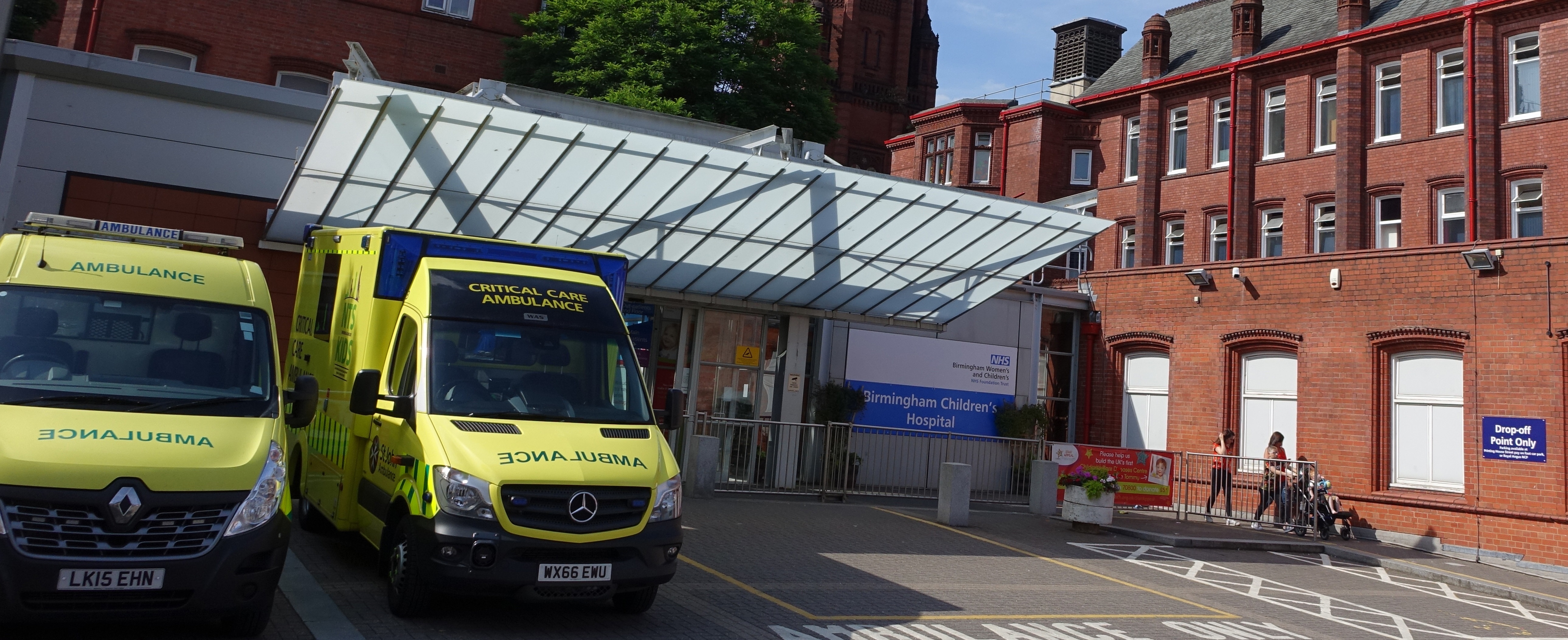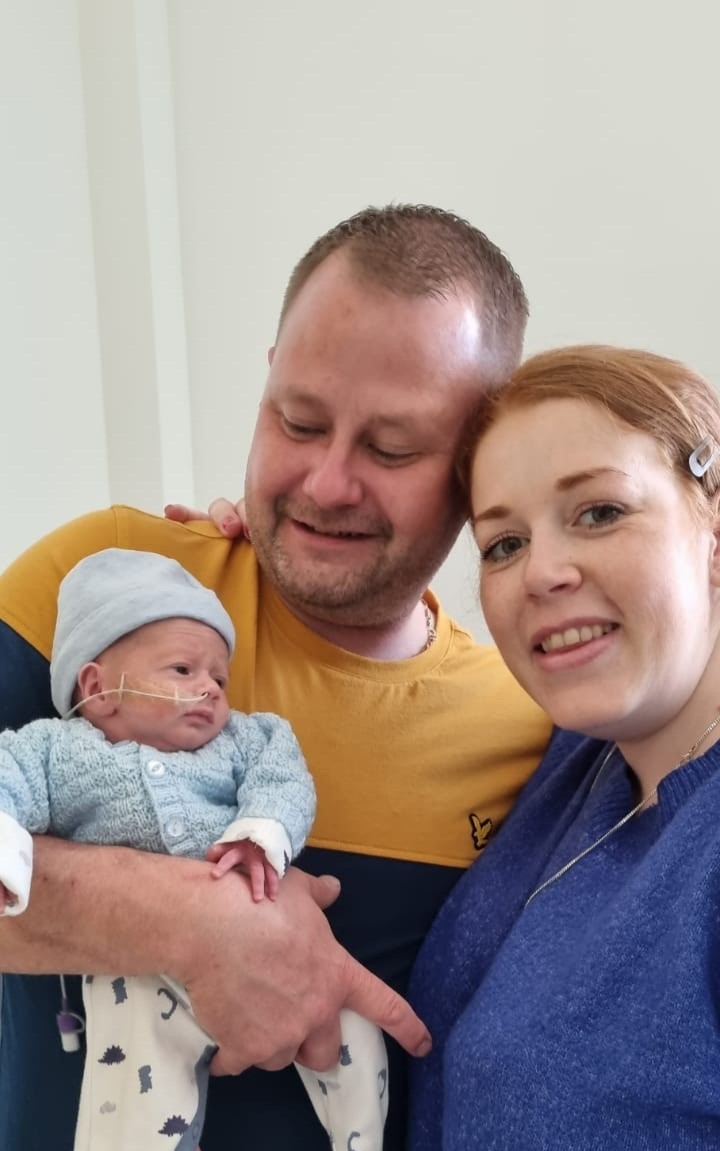
Staff at two hospitals are set to benefit after their NHS trust became the first in England to offer paid leave for those coping with pre-term baby loss or premature births.
Birmingham Women’s and Children’s NHS Foundation Trust has become the first in the NHS to offer such support.
The trust, which runs Birmingham Children’s Hospital and Birmingham Women’s Hospital and employs 6,500 people, made the move to ensure colleagues have the time and space to process, grieve and begin to heal.

The package includes up to 10 days paid leave for the person who was pregnant and up to five days paid leave for the partner, where they have suffered with miscarriage, stillbirth, abortion, ectopic pregnancy, molar pregnancy and neonatal loss.
The paid period is not dependent upon gestation of pregnancy or the staff member’s length of service.
Staff will also be offered paid time off for appointments linked to pregnancy loss, including medical examinations, scans, tests and those relating to mental health.
The trust has also pledged to treat with sensitivity any requests to work flexibly, following a bereavement.
Sarah-Jane Marsh, trust chief executive, said: “As an organisation focused on the care of women and babies, we are passionate about increasing awareness of this important issue, especially as, for many, it still carries a stigma.
“Too many women and families suffer in silence and with one in every four pregnancies ending in loss, this has to change.
“Our new policy is about looking after our staff to the very highest standards, so that if anyone experiences the tragedy of pregnancy loss, they have the time and space they need to grieve and heal.”
The organisation has also signed the Smallest Things ‘Employer with Heart’ Charter, offering staff whose baby is premature additional support.
There will also be paid leave for reasonable time off for partners going to antenatal appointments and five calendar days in any rolling 12-month period for fertility treatment, not limited to IVF.
Faye Sayers, a senior community midwife whose first son, Douglas Sayers, was stillborn in 2018 and whose second, Leonard, was born at 32 weeks, welcomed the new policy.

She said: “This will be incredible for women, families and other children to be able to have the time to be a family and process everything that’s going on at such a difficult time.”
Mrs Sayers, from Redditch, Worcestershire, said speaking about pre-term loss was still seen as a “bit of a taboo” in her experience, but doing so helped raise understanding and awareness.
She said: “This new policy is going to allow mums and dads to take the time and space they need, after baby is born, to be able to go to the neo-natal unit and see them every day.
“I think it’s really important they are then given that space and time to adjust when they first come home.
“After having lost Douglas (in 2018), we needed time to be with our baby Leonard, and appreciate and really take in what had happened.
“Especially having him prematurely it was such a whirlwind.
“You find yourself just getting up, going to the unit, coming home, you don’t particularly process what’s going on really.
“So then to come home, it all comes crashing down a bit, and you realise exactly what you’ve been through and you know that you’ve got this precious baby at home and how lucky you are.”
The trust has about 2,000 families who experience pregnancy loss each year, with fund-raising continuing for Woodland House – a new, purpose-built bereavement centre away from the main Women’s Hospital site.
Mrs Sayers said the building would be an “incredible” support for bereaved families.
“One of the hardest things for my husband, when Douglas died, was having to walk through the corridors of the Women’s Hospital, hearing babies cry,” she said.
“When you lose a baby there’s little things you would never think about until you’d lost a baby – one of them was I wanted to be able to take Douglas outside for the first time.
“One of the most precious things for me was being able to have that space to walk around, to leave the room with him, not just be confined to that one small space.”


Comments: Our rules
We want our comments to be a lively and valuable part of our community - a place where readers can debate and engage with the most important local issues. The ability to comment on our stories is a privilege, not a right, however, and that privilege may be withdrawn if it is abused or misused.
Please report any comments that break our rules.
Read the rules here